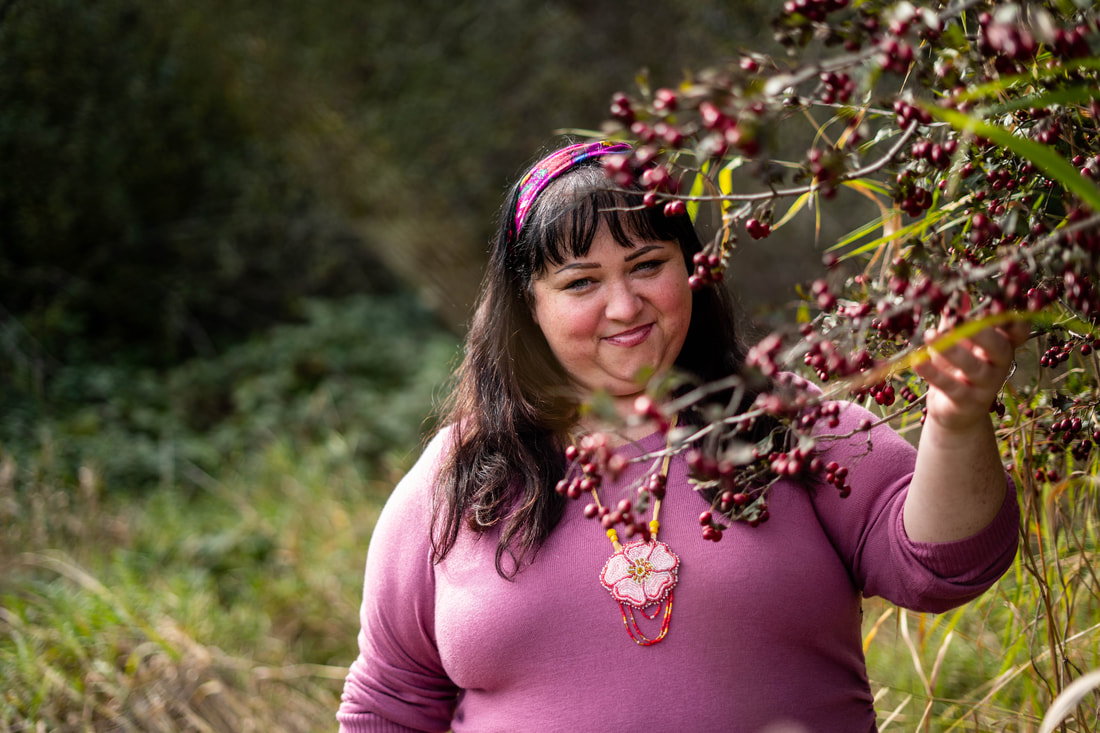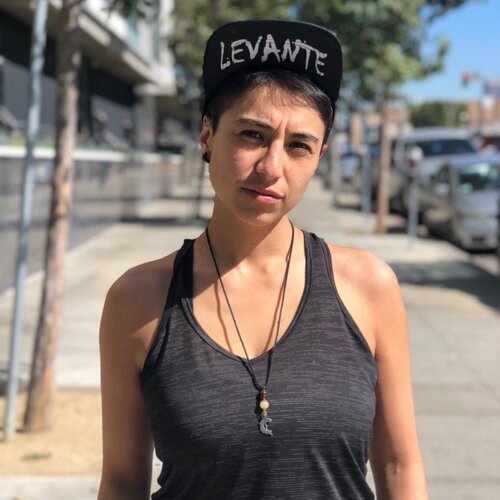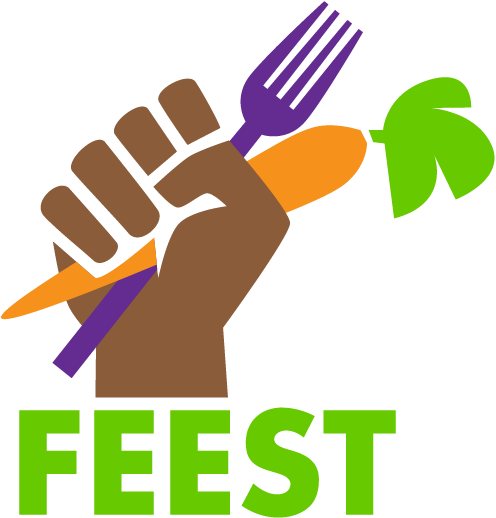What is food sovereignty? How is it different from food justice? How can we organize to achieve both? We spent July asking these questions and many others during our three-part Food is Power series, which concluded on July 29th! Here is a recap of what happened:
Our first session was led by Rhonda Grantham (she/her) of the Canoe Journey Herbalists, who got us thinking about our connections to the land we live on. Whether our people are Indigenous to the land or came as settlers, we need to help protect it.

One way we can do that is by educating ourselves about the plants that are native to this area. Together, we learned about one plant in particular: the stinging nettle (Urtica dioica). In Cowlitz, the nettle is called qʷə́nqʷn and has been used by Coast Salish people for thousands of years. Nettles can be used for many different purposes including medicine, food, and string or cordage, and Rhonda shared delicious recipes for nettle lemonade, spring nettle soup, and even nettle pesto! She also shared a traditional story with us called “How Nettle Saved the People,” as told by Roger Fernandes of the Lower Elwha Tribe.
Finally, our FEEST Youth Leaders concluded the workshop by making some nettle tea themselves! Using the ingredients they were sent by FEEST beforehand, they made the tea at home and then we all debriefed by discussing what we learned, what we thought of the tea, and other recipes and ideas for nettle.
We learned so much about the land we are on and the native species that surround us that we must protect. It was a great way to kick off our series!
Our second session was facilitated by Hannah Wilson (she/they) from the Black Farmers Collective. She introduced us to food sovereignty and got us thinking about our role in changing our oppressive food systems. We covered key concepts like food apartheid and the difference between food justice and food sovereignty. While food justice focuses on making sure everyone has access to fresh and nutritious food, food sovereignty is about having control of the food we eat. Members of La Via Campesina coined the term “food sovereignty” in 1996 and have a complete definition:
The right of people to control and define their own agricultural, labor, fishing, food and land policies which are ecologically, socially, economically, and culturally appropriate to their unique circumstances (Bell-Sheeter 2014).
Campaigns and projects for food sovereignty are happening all over the world, including right here in Seattle and the Puget Sound! We specifically learned about the Black Farmers Collective’s Yes Farm in Yesler Terrace and Small Axe in Sammamish Valley. Both farms are Black-led and focus on providing food for the community and educating Black people about growing their own food.
Like in the first session, Youth Leaders got hands-on experience by starting a food sovereignty project of their own! With pots, soil, and seeds provided by FEEST, they went to work planting basil, wildflowers, and peas. Hannah walked us through the process and gave us tips on how to keep our plants healthy.
We ended the session by reflecting on our own experiences with food and food sovereignty, and how we can make changes to our food system at the individual, community, and societal levels.


Estefanía Narváez (they/them) from Uprooted and Rising led our third and final session where we analyzed how power works and how it influences our fight for food sovereignty. We began by breaking down how power becomes real—money, violence, popular support, etc.—and how the people that are often labelled “leaders” in our world—like presidents and corporate CEOs—use it to oppress others. Their power is monolithic because they do not share it and only use it to control others. Instead, we want social power, which means that power is held collectively by our communities. Shifting from monolithic to social power might seem impossible but remember, many of our “leaders” get their power from us, the people. If we all decided to stop giving them our money, votes, clicks, etc., then the pyramid that they sit on would be turned upside down. This is what it means to organize!
So, how does this apply to food sovereignty? Like all other social justice issues, the fight for food justice and sovereignty is just that—a fight. The people and institutions that benefit from systems of oppression like white supremacy, cis-hetero patriarchy, and capitalism have monolithic power over us and do not want to give it up. It is up to us to organize for social power in our food systems and in all parts of society.
The Food is Power series was fun, educational, and transformative for us as we prepare to begin the school year with an exciting cohort of new Youth Leaders with brilliant ideas for better schools and a better world. We hope that everyone who attended enjoyed it as much as we did and we thank you for your support!
